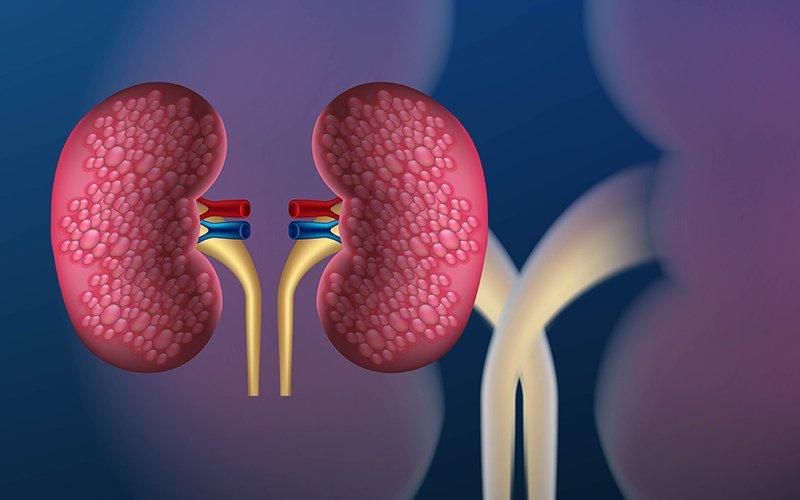Diabetes is a prevalent chronic condition that affects millions of people worldwide. While most are aware of its impact on blood sugar levels, fewer understand its potential to cause significant damage to the kidneys. This blog delves into the connection between diabetes and kidney disease, highlighting the risks, symptoms, and preventive measures that can help protect kidney health.
The Connection Between Diabetes and Kidney Disease
The kidneys play a crucial role in filtering waste and excess fluids from the blood, maintaining a balance of minerals and electrolytes, and regulating blood pressure. However, when blood sugar levels are consistently high, as in the case of uncontrolled diabetes, the kidneys are forced to work harder to filter the blood. Over time, this extra strain can damage the delicate blood vessels within the kidneys, leading to a condition known as diabetic nephropathy, or diabetic kidney disease.
Diabetic nephropathy is a serious complication that can progress to chronic kidney disease (CKD) and eventually lead to kidney failure if not managed effectively. It’s estimated that about one-third of people with diabetes will develop kidney disease, making it one of the leading causes of kidney failure globally.
Risk Factors for Developing Kidney Disease in Diabetics
Several factors increase the likelihood of a person with diabetes developing kidney disease, including:
- Duration of Diabetes: The longer a person has diabetes, the greater the risk of developing kidney disease, particularly if blood sugar levels are not well-controlled.
- High Blood Pressure: Hypertension is both a cause and a consequence of kidney disease. High blood pressure damages the kidney’s blood vessels, exacerbating the risk in people with diabetes.
- Poor Blood Sugar Control: Consistently high blood sugar levels are directly linked to the development of diabetic nephropathy.
- Family History: A family history of kidney disease or diabetes can increase an individual’s risk.
- Obesity: Excess body weight can contribute to insulin resistance and hypertension, both of which are risk factors for kidney disease.
- Smoking: Smoking damages blood vessels and reduces blood flow to the kidneys, accelerating the progression of kidney disease in diabetics.
Symptoms of Diabetic Kidney Disease
In the early stages, diabetic kidney disease may not present noticeable symptoms. However, as the disease progresses, symptoms may include:
- Swelling: Particularly in the legs, ankles, feet, and hands, due to fluid retention.
- Fatigue: A result of the kidneys’ reduced ability to filter waste from the blood.
- Changes in Urination: Increased frequency, foamy urine, or difficulty urinating.
- Loss of Appetite: Accompanied by nausea and vomiting.
- Difficulty Concentrating: Due to the buildup of waste in the blood affecting cognitive function.
Preventive Measures and Management
The good news is that with proper management, the progression of diabetic kidney disease can be slowed or even prevented. Here are some key strategies:
- Blood Sugar Control: Keeping blood sugar levels within the target range is crucial. Regular monitoring and adherence to prescribed medications or insulin can help prevent kidney damage.
- Blood Pressure Management: Keeping blood pressure in check through lifestyle changes and medications is essential for kidney health.
- Healthy Diet: A balanced diet low in sodium, saturated fats, and processed sugars can support kidney function. It’s also important to manage protein intake, as excessive protein can strain the kidneys.
- Regular Monitoring: Regular check-ups with a healthcare provider, including blood and urine tests, can help detect early signs of kidney damage.
- Avoid Smoking: Quitting smoking improves blood circulation and reduces the risk of kidney disease progression.
- Medication: Certain medications, such as ACE inhibitors or ARBs, may be prescribed to protect kidney function in people with diabetes.
Conclusion
The link between diabetes and kidney disease is well-established, but with careful management and lifestyle changes, the risk of kidney damage can be significantly reduced. Early detection and intervention are key to preserving kidney health and preventing the serious consequences of diabetic nephropathy. If you have diabetes, regular communication with your healthcare provider is essential to stay on top of your kidney health.

